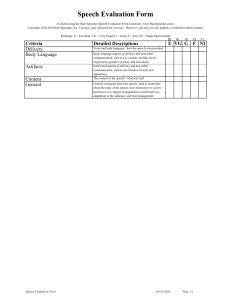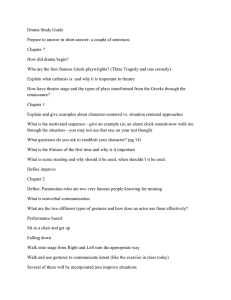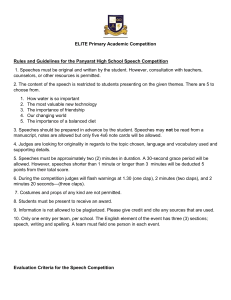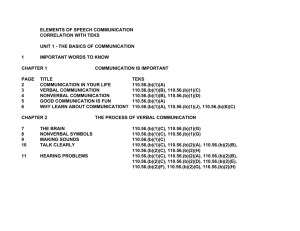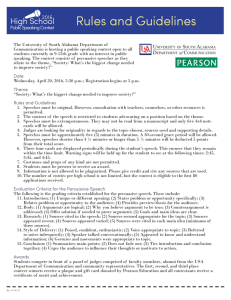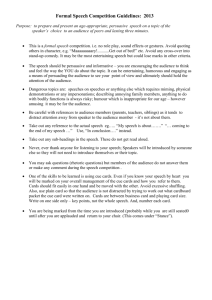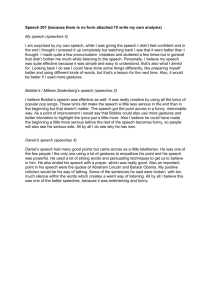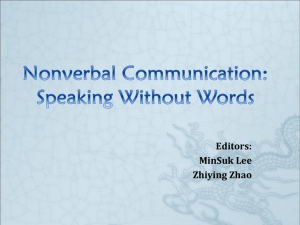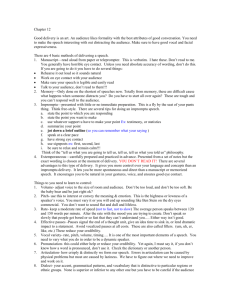The following is a summary of the judges' comments on the
advertisement
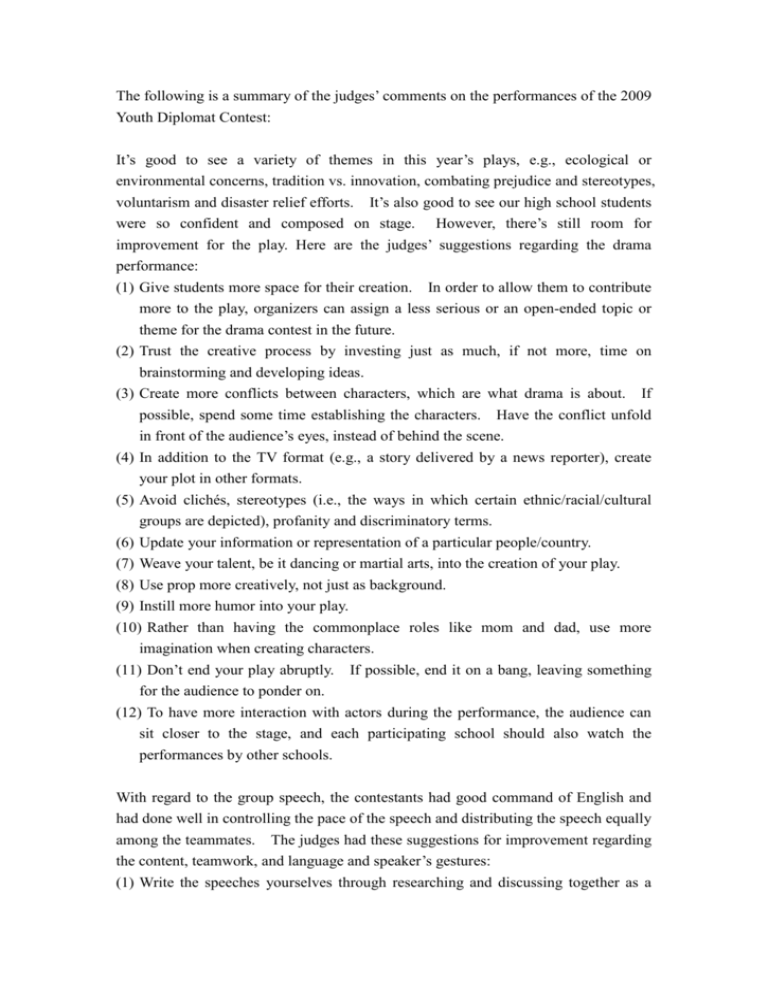
The following is a summary of the judges’ comments on the performances of the 2009 Youth Diplomat Contest: It’s good to see a variety of themes in this year’s plays, e.g., ecological or environmental concerns, tradition vs. innovation, combating prejudice and stereotypes, voluntarism and disaster relief efforts. It’s also good to see our high school students were so confident and composed on stage. However, there’s still room for improvement for the play. Here are the judges’ suggestions regarding the drama performance: (1) Give students more space for their creation. In order to allow them to contribute more to the play, organizers can assign a less serious or an open-ended topic or theme for the drama contest in the future. (2) Trust the creative process by investing just as much, if not more, time on brainstorming and developing ideas. (3) Create more conflicts between characters, which are what drama is about. If possible, spend some time establishing the characters. Have the conflict unfold in front of the audience’s eyes, instead of behind the scene. (4) In addition to the TV format (e.g., a story delivered by a news reporter), create your plot in other formats. (5) Avoid clichés, stereotypes (i.e., the ways in which certain ethnic/racial/cultural groups are depicted), profanity and discriminatory terms. (6) Update your information or representation of a particular people/country. (7) Weave your talent, be it dancing or martial arts, into the creation of your play. (8) Use prop more creatively, not just as background. (9) Instill more humor into your play. (10) Rather than having the commonplace roles like mom and dad, use more imagination when creating characters. (11) Don’t end your play abruptly. If possible, end it on a bang, leaving something for the audience to ponder on. (12) To have more interaction with actors during the performance, the audience can sit closer to the stage, and each participating school should also watch the performances by other schools. With regard to the group speech, the contestants had good command of English and had done well in controlling the pace of the speech and distributing the speech equally among the teammates. The judges had these suggestions for improvement regarding the content, teamwork, and language and speaker’s gestures: (1) Write the speeches yourselves through researching and discussing together as a group. The more engaged you are in the drafting process, the better you will remember the content of your speeches and the better your English will sound. (2) Do research for your speeches carefully and responsibly. Do not fabricate data or use doubtful information to support the points in your speech. (3) When rehearsing the speeches, try to remember the ideas and the logic between them, instead of memorizing the speech word for word. By so doing, the wording of your speech may come out slightly different each time you deliver it. However, as you’re less likely to forget the ideas than the exact wording, you actually cut down the chances of not knowing what to say on stage. (4) Team collaboration does not just refer to giving nonverbal support (nodding or smiling) to one another; it also means stepping in and continuing the speech when your teammates don’t know what to say. And, when showing your nonverbal support, do not go overboard. (5) Explore other possible ways of parceling out the speech among the four speakers. For example, each speaker can present a different view point on the topic. (6) Do not speak above your level of English proficiency. Do not stretch your sentences and avoid complicated grammatical structures. On the other hand, if you are capable of handling linguistic challenges, you should try to bring your performance up to a higher level by varying the syntactic structure or the rhythm of your delivery. (7) Use gestures naturally and appropriately. Cute or exaggerated gestures or gestures that are staged or memorized will not be received well by the audience.
